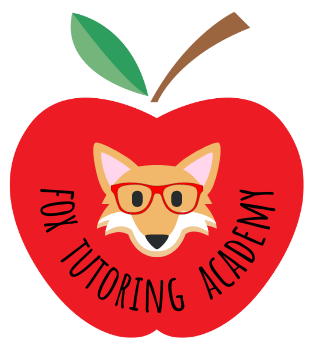Before your child can dive into the magical world of books, there’s one crucial skill they need to master: phonemic awareness. This foundational ability is the key to unlocking their reading journey and building confidence as they learn to read fluently. In this blog, we’ll explore what phonemic awareness is, why it’s so important, and how you can start nurturing this skill at home with fun and simple activities.
What is Phonemic Awareness?
Phonemic awareness is the ability to hear, identify, and work with individual sounds—called phonemes—in spoken words. It’s an essential pre-reading skill that teaches children to understand that words are made up of sounds before they even learn how letters represent those sounds. Think of phonemic awareness as learning the sounds of a language before introducing the letters. Once kids can identify and manipulate these sounds, they’re well on their way to cracking the code of reading.
Why Phonemic Awareness Matters
Phonemic awareness is the foundation of reading success. Without it, children can struggle to make sense of words, but with strong phonemic awareness skills, reading becomes a much easier, enjoyable process. Here’s why it’s so important:
- Decoding: Phonemic awareness helps children break words into individual sounds and blend them together, allowing them to read fluently.
- Spelling: Understanding how sounds work enables children to start spelling words phonetically—a crucial step in early writing.
- Reading Fluency: Kids with strong phonemic awareness are more likely to read smoothly and confidently, setting them up for future reading success.
Fun Phonemic Awareness Activities to Try at Home
The best part about building phonemic awareness is that you don’t need any fancy tools or programs—just a little creativity! Below are some fun and easy activities inspired by the Heggerty approach that you can try at home:
- Rhyming Games
Make up silly rhymes with your child’s name or objects around the house. This helps them hear sound patterns in words, sharpening their ability to recognize similar sounds. - Initial Sound Isolation
Say a word like “dog” and ask your child what sound comes first (in this case, /d/). This activity strengthens their ability to identify beginning sounds and lays the groundwork for reading. - Blending Sounds
Break a word into its individual sounds (e.g., /s/ /i/ /p/) and ask your child to blend them together to say “sip.” This helps them understand how sounds combine to form words, an essential decoding skill. - Sound Matching
Find objects around the house that start with the same sound (e.g., “sock” and “sandwich”). Have your child identify the matching sounds. It’s a playful and interactive way to strengthen their sound recognition. - Clapping Syllables
Break words into syllables by clapping them out together. For example, clap three times for “elephant” (el-e-phant). This fun activity helps your child understand how words are structured and improves their phonological awareness. - Phoneme Substitution
Start with a word like “bat” and ask your child to change the first sound to /c/, making the word “cat.” This builds strong sound manipulation skills and keeps learning fun and interactive. - Sound Guessing
Say a word without its first sound, like “_at” for “cat.” Have your child guess the word by filling in the missing sound. This is a playful way to build their listening and predicting skills while strengthening phonemic awareness. - Chaining Words
Start with a word like “sit” and change one sound at a time (sit → sat → pat → pit). This activity teaches your child how to manipulate phonemes while keeping things playful and engaging.
Why the Science Backs It Up
Research consistently shows that children with strong phonemic awareness have a huge advantage when it comes to learning to read. These children tend to learn to read faster, find spelling easier, and develop strong reading fluency. In fact, phonemic awareness is one of the strongest predictors of reading success. Studies have proven that focusing on sounds first lays the foundation for future academic success.
Start the Reading Journey Today
Building phonemic awareness is the first major milestone in your child’s reading journey. By focusing on sounds before letters, you’re giving them the tools they need to explore the world of reading with confidence. The best part? These activities only take a few minutes a day, and you can make learning fun and engaging.
Phonemic awareness is where every great reader begins. By helping your child play with sounds, you’re laying the foundation that will make learning to read easier and more enjoyable. With regular practice, your child will grow into a confident reader in no time!
Join Me for More Phonemic Awareness Fun!
Ready to help your child take the next step in their reading adventure? Join me on YouTube for “Sharp Ears with Mrs. Fox”, an interactive learning platform where I share games and activities that make phonemic awareness part of your daily routine. Together, we’ll make learning to read fun and exciting!

